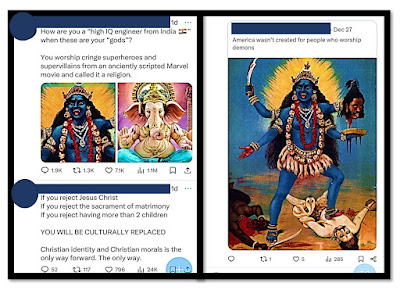As a medical professional, I have had people recommending this book to me on several occasions. Finally, after finishing this, I have realised why.
This book offers an alternative view to our traditional understanding of the role of medicine, which we take to be to fighting death and saving lives. In fact, we are told to 'preserve life' and to 'do not harm', which are part of the Hippocratic Oath that each one of us swears by as we graduate.
We have an added dilemma in the Indian context, since allopathic practice is largely a western construct, based on opinions, research and writings of westerns scholars, researchers and physicians.
The ancient medical and surgical practices propounded by the likes of Charaka and Sushruta, as well as the entire system of Ayurvedic have either been relegated to the sidelines, or grouped under rather patronising categories called 'alternative therapies' and/or 'complementary therapies'.
However, as we see in this book, ageing, the process of dying, and death itself, are the same wherever you practice in the world, or whichever system of medicine you adhere to. And the recommendations made by Gawande through this book carry universal relevance.
Gawande's book combines real life anecdotes, views of pioneers in end-of-life care, findings from research studies, and his own insights into these prickly issues that we often brushed under the carpet.
As he convincingly argues, the oppressive therapies that are inflicted upon the patient - radiotherapy, chemotherapy and surgeries with little benefit in cancer treatment, to name a few - only end up prolonging the agony for the patient and his/her carer. Medical practitioners are often hesitant to talk about death and dying, in the face of misplaced expectations of miracle cures by patients and their carers.
Gawande draws from his own experiences as a surgeon, talks to patients with dementia and cancer, their families, and experts in the field of palliative care. He also puts himself on the other side of the fence, and includes a touching account of his own father's battle with cancer and eventual death. In so doing, he leaves us with pearls of wisdom on communicating with patients and their carers about death and dying.
He says, for instance, that a collaborative approach wherein the physician and the patient talk together about the choice of treatment available based on what actually matters to the patient in terms of his/her fears and hopes about the quality of life, is the best way forward in end-of-life care.
Gawande points out that the real victory for end-of-life care would come about only when every physician and surgeon incorporates these principles into his/her own practice, thus obviating the need for a separate specialty of palliative care.
One has to take in all the stories and Gawande's interpretations if one is to find more such medical gems from this book. This makes it recommended reading for geriatricians, palliative care specialists, and indeed, every medical practitioner.
Hardly surprising then, that Being Mortal was given as a parting gift to each of the graduating medical students recently, at the international medical school where I have taught.
Recommended reading for all medical students.
Image source: http://ecx.images-amazon.com/images/I/41v9-aUd1eL._SX313_BO1,204,203,200_.jpg







